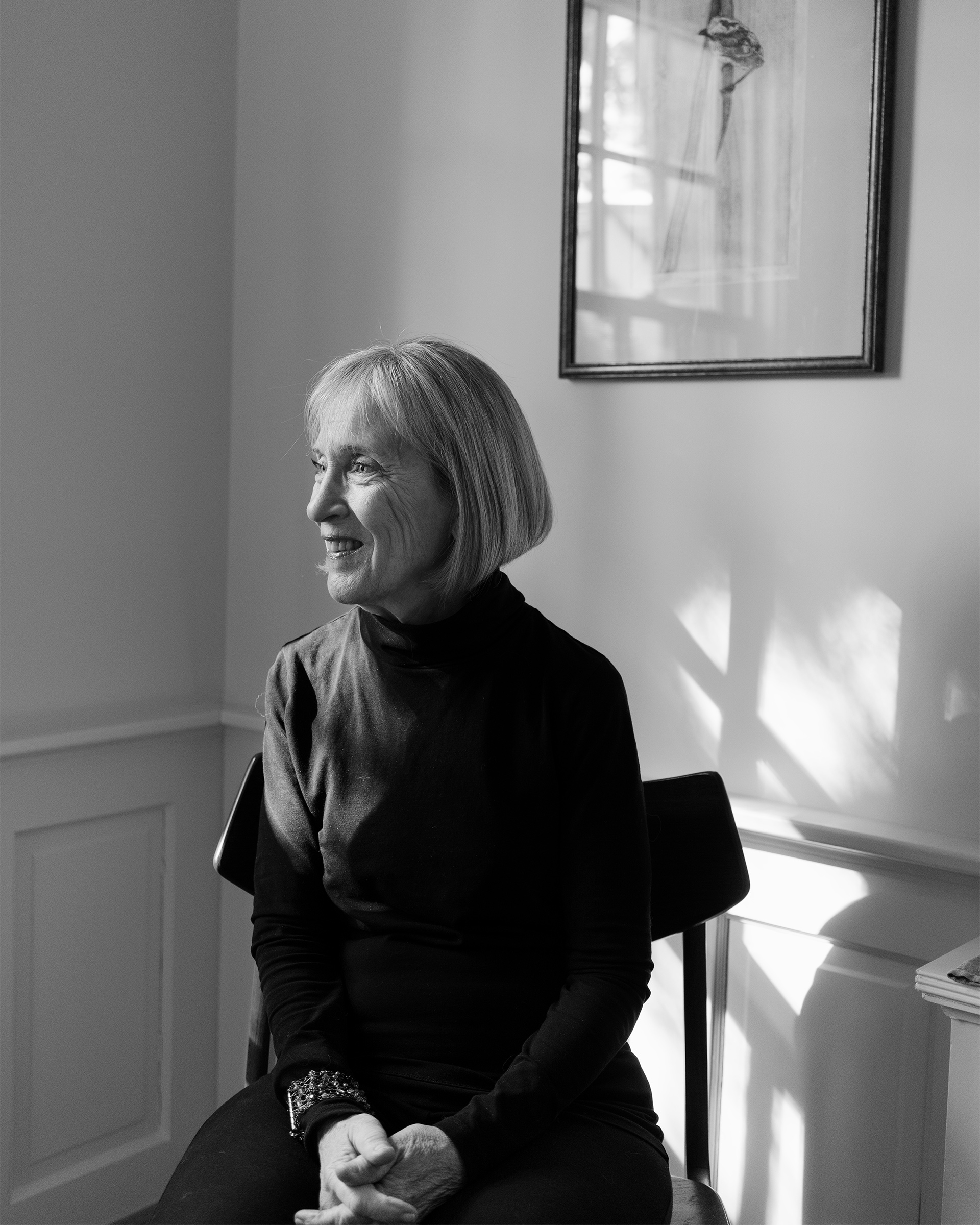On Oct. 9, the economist Claudia Goldin was doing what most people do at 4:30 in the morning: sleeping. But then the phone rang, and her life changed. That day, she became only the third woman ever to win the Nobel prize in economics—and the first woman to win it on her own. She also happens to be the first woman ever to become a tenured professor of economics at Harvard University.
Goldin, 77, has dedicated herself to studying women and work. Over the course of her career, she has published foundational research on the ways women balance career and family, the persistence of the gender wage gap, and the influence of the birth control pill on women’s life decisions. All of this has made her the world’s premier expert on how the workforce has changed women’s life cycles and how women’s participation has changed the workforce.
Goldin’s work started with an observation on who was being left out of the conversation about families and labor: “We would talk about the children and the male head of the household. We would talk about single women who were working, or widowed, or those that were separated,” she says. “But we hardly talked about the married woman—the wife, the mother—and I realized that her story was unfolding through the 20th century, and it was a story that someone should tell in a manner that was big and bold and that dug deep into the history.”
For all of her achievements in economics, Goldin confesses that when she was growing up in the Bronx in the 1950s and ’60s, she didn’t picture herself in the field—in fact, she says, “I don’t think I knew what an economist was.” It was science that drew her in—specifically the experience of observing bacteria through a microscope in high school. But, once she arrived at Cornell University, Goldin did what she now encourages her undergraduate students to do: experiment, try new things, see what resonates.
“I don’t give advice,” she says, “but the one thing I do tell my students—because most of my students have spent an enormous amount of time, since they were little kids, thinking about their future—is that that’s a way of hemming yourself in.”
- Why Trump’s Message Worked on Latino Men
- What Trump’s Win Could Mean for Housing
- The 100 Must-Read Books of 2024
- Sleep Doctors Share the 1 Tip That’s Changed Their Lives
- Column: Let’s Bring Back Romance
- What It’s Like to Have Long COVID As a Kid
- FX’s Say Nothing Is the Must-Watch Political Thriller of 2024
- Merle Bombardieri Is Helping People Make the Baby Decision
